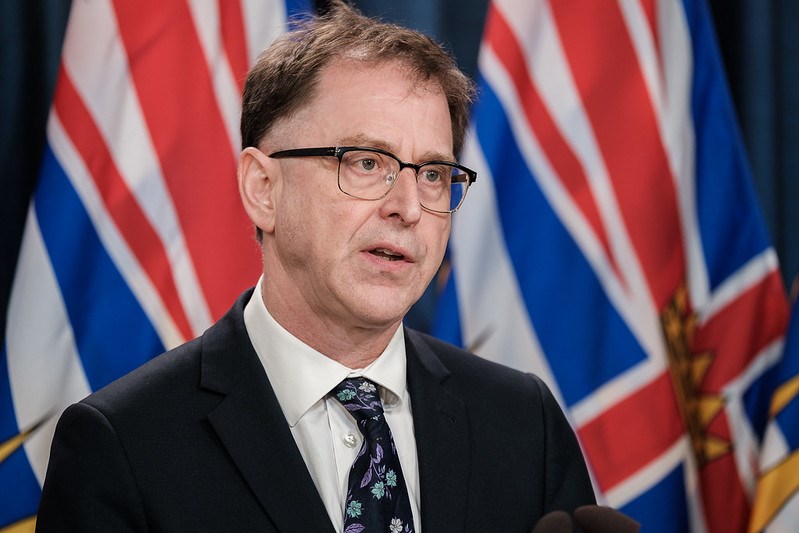sa国际传媒 Health Minister Adrian Dix announced Tuesday 1,043 family doctors have signed up for a new payment model that aims to retain and attract more of them to address a significant shortage.
“This starts to address the crisis in family medicine,” Dix told media in Vancouver.
The Longitudinal Family Physician Payment Model (LFP), which came into effect Wednesday, partially replaces the fee-for-service model. So whereas doctors once could only bill the government on a per-visit basis, the LFP allows them to bill for matters such as time spent with a patient, diagnostic assistance and research into a patient’s health matter.
The new model also reduces administrative work for doctors, according to Dix, who was joined in support by Dr. Joshua Greggain, president of Doctors of BC, the province’s chief professional association for physicians.
Despite questions as to whether that level of enrolment is enough on the first day, considering the BC College of Physicians and Surgeons reports 7,229 family practitioners, Dix expressed satisfaction that more doctors will come on board.
“The exact number isn’t important but the direction is,” said Dix, adding that he will update the uptake numbers over the course of the next year.
Greggain said the model will remain a “work in progress” as some billing matters are still not streamlined with the system.
“It’s going to increase family doctors in sa国际传媒,” said Dix, adding, “This is a model that will attract people to family practice.”
Dix announced the new model last October, as Doctors of BC expressed support.
“A significant number of doctors were considering closing their offices before this announcement. We are now hearing from many who are telling us that, as a result of the new payment model, they will stay in practice and continue to see patients,” on Nov. 10, 2022.
“The new model will help us to recruit doctors into longitudinal practice. Over time, this means more patients will be able to have their own family doctor,” added the group.



